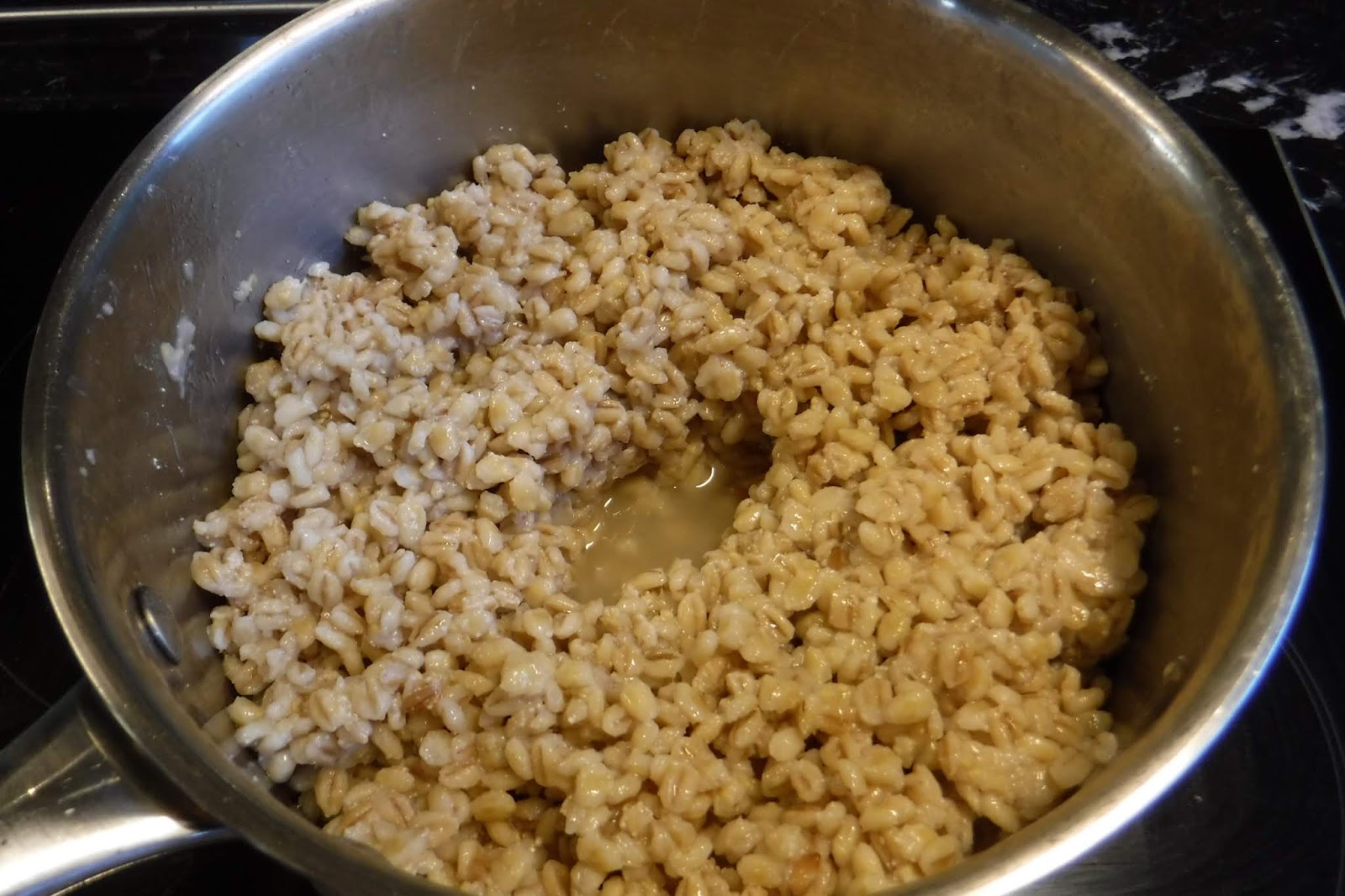Unlocking the Secret of Fermenting Eggs
Have you ever heard of fermenting eggs? This ancient preservation method has been used for centuries to extend the shelf life of eggs and enhance their flavor. If you’re curious about how to ferment eggs at home, you’ve come to the right place. In this guide, we’ll walk you through the process of fermenting eggs step by step.
What You’ll Need
Before you get started, gather the following supplies:
- Raw eggs
- Salt
- Airtight container
- Water
- Spices (optional)
The Fermentation Process
Now that you have everything you need, it’s time to begin the fermentation process. Follow these simple steps:
- Start by sterilizing your airtight container to ensure that it’s clean and free of any harmful bacteria.
- Carefully place the raw eggs into the container, being sure not to crack them.
- In a separate container, mix salt and water to create a brine solution. The general rule of thumb is to use 5% salt by weight of the water.
- Pour the brine solution over the eggs, making sure they are completely submerged.
- Add any desired spices to the brine for extra flavor. Common choices include peppercorns, garlic, or dill.
- Seal the container tightly and place it in a cool, dark place for the fermentation process to occur. The ideal temperature for fermenting eggs is around 50-55°F (10-13°C).
- Allow the eggs to ferment for 1-4 weeks, depending on your preference for flavor and texture. The longer the fermentation period, the tangier the eggs will become.
The Benefits of Fermented Eggs
So, why go through the trouble of fermenting eggs? Aside from the unique flavor it imparts, fermenting eggs offers several benefits:
- Extended shelf life: Fermented eggs can last for several months when stored properly, making them a convenient pantry staple.
- Probiotic content: The fermentation process increases the probiotic content of the eggs, which can promote gut health.
- Enhanced flavor: Fermented eggs develop a complex, tangy flavor that adds depth to dishes.
Using Fermented Eggs in Your Cooking
Once your eggs have completed the fermentation process, you may be wondering how to use them in your cooking. Here are a few ideas to get you started:
- Serve them as a unique appetizer alongside pickled vegetables and cured meats.
- Chop them up and add them to salads for a burst of tangy flavor.
- Use them to make deviled eggs with a twist by incorporating the unique flavor of fermented eggs.
- Add them to grain bowls or Buddha bowls for an unexpected pop of flavor.
Conclusion
Now that you know how to ferment eggs at home, it’s time to give this ancient preservation method a try. With a bit of patience and the right ingredients, you can enjoy the unique flavor and benefits of fermented eggs in your own kitchen. So, roll up your sleeves, gather your supplies, and embark on the journey of fermenting eggs!
Was this page helpful?
Read Next: How To Ferment Meat











